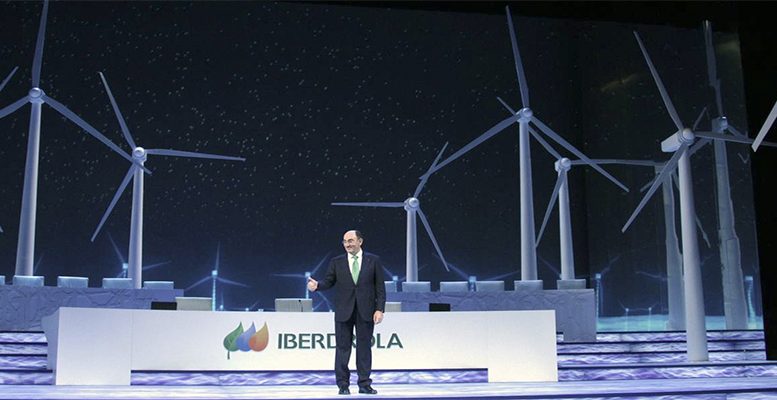Banc Sabadell | The Government is looking for the “quickest” formula to increase tax pressure on the big electricity companies. The most feasible and fast option would be to implement a surcharge on corporate tax via a decree law, with which the the energy firms’ ‘windfall profits’ from the rise in prices would be additionally taxed. Given the technical complexity of this, it is being considered whether to include it in the extension of the Anticrisis Law (planned for June 28) or in an “ad hoc” law afterwards. The percentage of the charge which UP is proposing looks to finance, at least, the deficit of the Autonomous Communities and municipalities which could be generated by financing a 10 euros transport pass (an estimated total of 560 million euros).
VALUATION
This news is in line with what was anticipated over the last few days, although it would imply an advance (it was expected to be in the 2023 Budget). This measure has been implemented in other countries (Italy, Greece…), with a very limited impact on the sector’s accounts as it only applies to the excess profits. It remains to be seen what the final surcharge will be (at the moment a reduced amount is being talked about, representing less than 1% of the sector’s pretax profit). However, the companies would have mechanisms with which to transfer new tax figures to the end consumer. In any event, those domestic integrated firms with greater geographical and business diversification, like Iberdrola, should be the least affected.
As far as the oil companies are concerned, we believe that the tax would also apply, as well as an extension to the current rebate of 20 cts/litre (which would end June 30). Nonetheless, we continue to prefer out of our coverage universe those companies with greater exposure to renewables. We would highlight Iberdrola, Ecoener, and with less potential, Acciona Energía. For Repsol the impact could be limited, without knowing more details on the tax.





